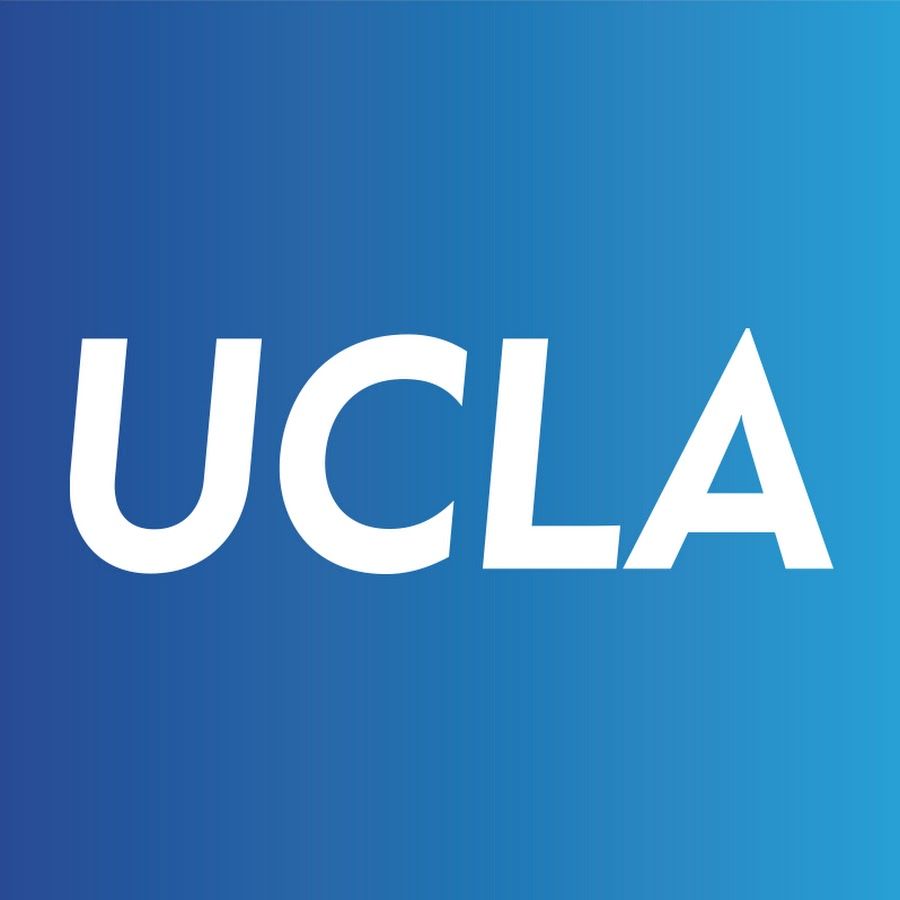University of California, Los Angeles

🇺🇸United States
- Country
- 🇺🇸United States
- Ownership
- Private, Subsidiary
- Established
- 1919-05-23
- Employees
- 10K
- Market Cap
- -
- Website
- http://www.ucla.edu
Revolutionary drug for schizophrenia wins US approval
KarXT, a new antipsychotic targeting muscarinic receptors, received US approval, offering potential for more effective and better-tolerated schizophrenia treatment. It modulates dopamine release and improves cognitive function without severe side effects, marking a shift in psychosis treatment. Future drugs may further refine this approach, tailoring treatment to individual needs.
Nomic® and Parker Institute for Cancer Immunotherapy (PICI) Launch Large-Scale Protein ...
Nomic and PICI collaborate to profile ~3000 blood samples from RADIOHEAD study using nELISA™ to understand immunotherapy responses, aiming to improve patient care through precision medicine.
Expert discusses sulopenem for uncomplicated UTI
A. Lenore Ackerman discusses the potential use of oral sulopenem for uncomplicated UTIs, emphasizing its role in high-risk patients with multi-drug-resistant infections, cautioning against its broad use due to concerns over resistance development.
Recent Breakthroughs in Cancer Research Could Impact These Key Companies
Recent cancer research breakthroughs include Oncolytics Biotech's BRACELET-1 study showing promising results for pelareorep in HR+/HER2- breast cancer, Novartis AG's FDA approval of Kisqali for early-stage breast cancer, Lantheus Holdings' positive Phase 3 SPLASH trial results for 177Lu-PNT2002 in prostate cancer, Sutro Biopharma's encouraging Phase 1b study data for Luvelta in ovarian cancer, and Zymeworks' upcoming presentation of preclinical data on its antibody-drug conjugate programs.
New Treatment for Early Stage Breast Cancer Gains FDA Nod
FDA approves Kisqali for early-stage HR-positive, HER2-negative breast cancer, reducing recurrence risk by 25% when taken with aromatase inhibitors for 3 years.
Kisqali Nets FDA Expanded Approval in Early Breast Cancer
FDA approves Novartis’ Kisqali for early breast cancer at high risk of recurrence, including node-negative disease, potentially adding $3B to annual sales. Kisqali now covers a broader population than competitor Lilly’s Verzenio. Based on NATALEE trial results, Kisqali plus endocrine therapy showed a 25.1% reduction in recurrence risk.
Kisqali combination granted FDA approval for early breast cancer patients
Novartis’ Kisqali (ribociclib) approved by FDA for early breast cancer treatment in combination with an aromatase inhibitor for HR-positive/HER2-negative stage 2 and 3 patients at high risk of recurrence. Supported by NATALEE trial results showing reduced recurrence risk by 25.1% with Kisqali plus endocrine therapy versus endocrine therapy alone, with benefits extending beyond three years.
FDA approves Novartis Kisqali® to reduce risk of recurrence
FDA approves Kisqali (ribociclib) for HR+/HER2- stage II and III early breast cancer, reducing recurrence risk by 25% with endocrine therapy. NATALEE trial results show consistent benefits and well-tolerated safety profile across subgroups, including node-negative patients. Kisqali is under regulatory review worldwide.
FDA Approves Kisqali Regimen for HR+/HER2- Early Breast Cancer
The FDA approved Kisqali with an aromatase inhibitor for postsurgical treatment of HR-positive, HER2-negative early breast cancer at high risk of recurrence. The efficacy was demonstrated in the phase 3 NATALEE trial, showing improved invasive disease-free survival. Side effects included neutropenia, liver-related issues, QT interval prolongation, and interstitial lung disease/pneumonitis.
FDA Approves Adjuvant Ribociclib Plus AI Therapy for HR+, HER2- Breast Cancer
The FDA approved adjuvant ribociclib (Kisqali) plus an aromatase inhibitor for HR-positive, HER2-negative stage II and III early breast cancer with high recurrence risk, based on NATALEE trial data showing improved invasive disease-free survival. The combination achieved 3-year iDFS rates of 90.4% vs 87.1% with endocrine therapy alone, with benefits sustained over 44.2 months of follow-up.
© Copyright 2024. All Rights Reserved by MedPath
